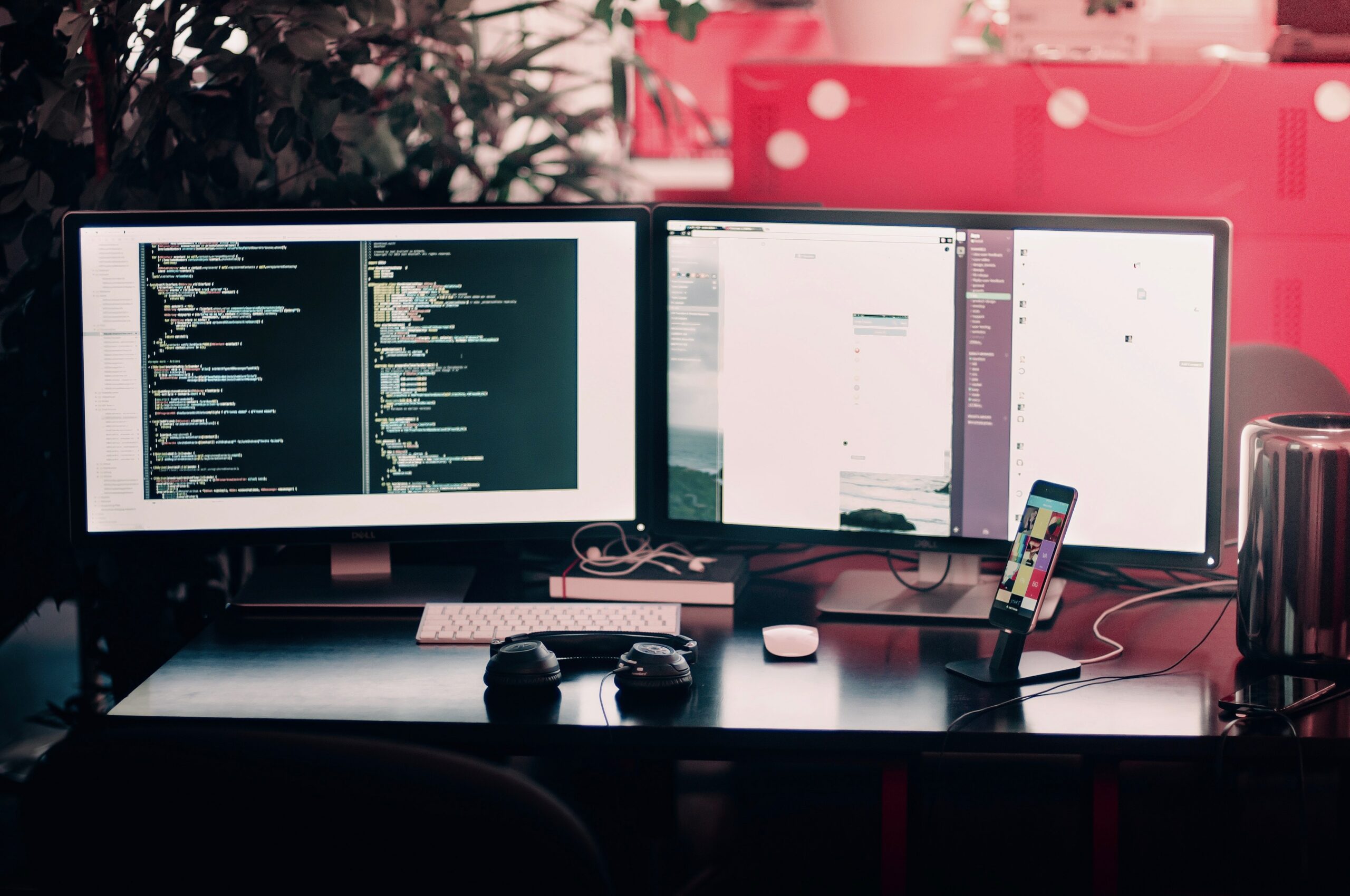Why Is My Computer So Slow? Understanding and Fixing Performance Issues
Computers are incredible machines that have revolutionized the way we work, communicate, and entertain ourselves. However, as with all technology, they can experience performance issues over time, leaving us frustrated and wondering, "Why is my computer so slow?" In this article, we will explore the common causes of slow computer performance and provide practical solutions to improve your computer's speed and efficiency.
What Causes a Slow Computer?
There are several reasons why a computer may slow down over time. Let's take a closer look at some of the most common causes:
- Lack of Maintenance Like any other machine, computers require regular maintenance to keep them running smoothly. If you neglect to clean up old files, uninstall unused programs, or run regular virus scans, your computer's performance can suffer.
- Insufficient RAM Random Access Memory (RAM) is the part of your computer that temporarily stores information while your computer is running. If your computer does not have enough RAM to handle the programs you are running, it can slow down significantly.
- Outdated Hardware Older computers may not have the hardware capabilities to keep up with newer software and programs. If you are running a newer version of an operating system or using programs that require more processing power than your computer can handle, your computer may slow down.
- Too Many Background Programs Background programs are applications that run automatically when you start your computer. If you have too many of these programs running, they can slow down your computer's performance by using up valuable resources.
- Malware or Viruses Malware and viruses can slow down your computer by using up system resources or by causing your computer to crash. They can also steal your personal information or damage your files.
How to Fix a Slow Computer
Now that we've identified some of the most common causes of slow computer performance, let's take a look at some practical solutions to improve your computer's speed and efficiency:
- Clean Up Your Hard Drive One of the easiest ways to improve your computer's speed is to clean up your hard drive. This involves removing any old or unnecessary files, programs, and applications that are taking up valuable space on your computer. You can use a disk cleanup tool or a third-party program to help you with this task.
- Add More RAM If your computer is running slowly due to insufficient RAM, adding more memory can help. RAM upgrades are relatively inexpensive and can significantly improve your computer's performance.
- Upgrade Your Hardware If your computer is older, you may need to upgrade your hardware to keep up with newer software and programs. Upgrading your hard drive or processor can improve your computer's speed and efficiency.
- Disable Background Programs To improve your computer's performance, disable any unnecessary background programs. You can do this by opening the task manager and ending any processes that you do not need.
- Run Virus Scans Regularly To protect your computer from malware and viruses, run regular virus scans using an antivirus program. This can help to identify and remove any harmful programs that may be slowing down your computer.
If you've been wondering, "Why is my computer so slow?" you're not alone. Slow computer performance is a common issue that many people face. However, by understanding the common causes of slow computer performance and following the practical solutions outlined in this article, you can improve your computer's speed and efficiency. Whether you're a business professional, student, or casual user, a faster computer can help you work more efficiently, communicate more effectively, and enjoy your digital experiences more fully.



